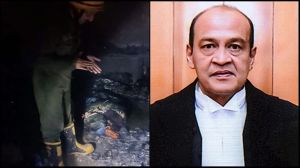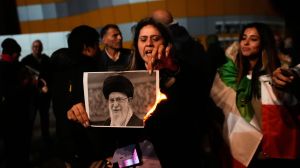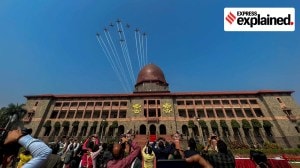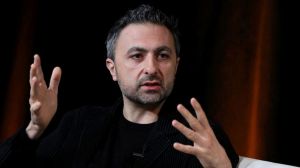The polariser
The transition in Venezuela will in large measure decide the Chavez legacy
The streets of Caracas are ringing with cries of We are all Chavez after the death of Hugo Chavez,president of Venezuela for 14 years. But the next month could well reveal Venezuelas ability to negotiate its way through a cult-driven political polarisation that can so easily destabilise a country when the cult-figure exits the scene. The transition that takes place in Chavezs long shadow will in great measure decide his legacy,in his country,in Latin America and in the anti-US alliance he sought to forge across the world.
After all,many a Latin American leader has nominated himself as a legatee to Simon Bolivar,but none acted upon that vanity with the revolutionary zeal and the success that Chavez did. Since assuming power in 1999,and then using legally questionable means to do away with curbs on the number of terms he could serve as president,Chavez radically altered the social and political dynamic in his country with his economic programme. Crucial to this reconfiguration of power was the use of Venezuelas significant petroleum and natural gas wealth to not just fuel social programmes but also build alliances with Latin Americas revolutionary left and with anybody else worldwide who would join his anti-US coalition. However,if Chavezs stated objective was the strengthening of a welfare-driven left in a continent that has witnessed pitched battles between the ideological left and right,his tenure highlighted,too,the battle of ideas within the left itself. His initial years overlapped with the phenomenal appeal of his Brazilian counterpart,Luiz Inacio Lula da Silva,whose ambitious welfare schemes were sought to be embedded in financial and economic prudence for him,left economics was not so much a point-scoring class conflict as the enabling of vast sections to access opportunity. In Chavezs rule,Caracas,once a haven for those fleeing other turmoils in the continent,saw the flight of professionals. Jorge Castaneda,Mexicos former foreign minister,termed this battle within the left as one between national interests and ideology.
That battle will continue to give Latin American politics a resonance wider than its local coordinates. And certainly,Chavez will always be credited with drawing attention to unconscionable inequalities worldwide. It is his means theatrical,self-serving,institution-weakening,confrontational for the sake of confrontation that must be questioned.
- 01
- 02
- 03
- 04
- 05































